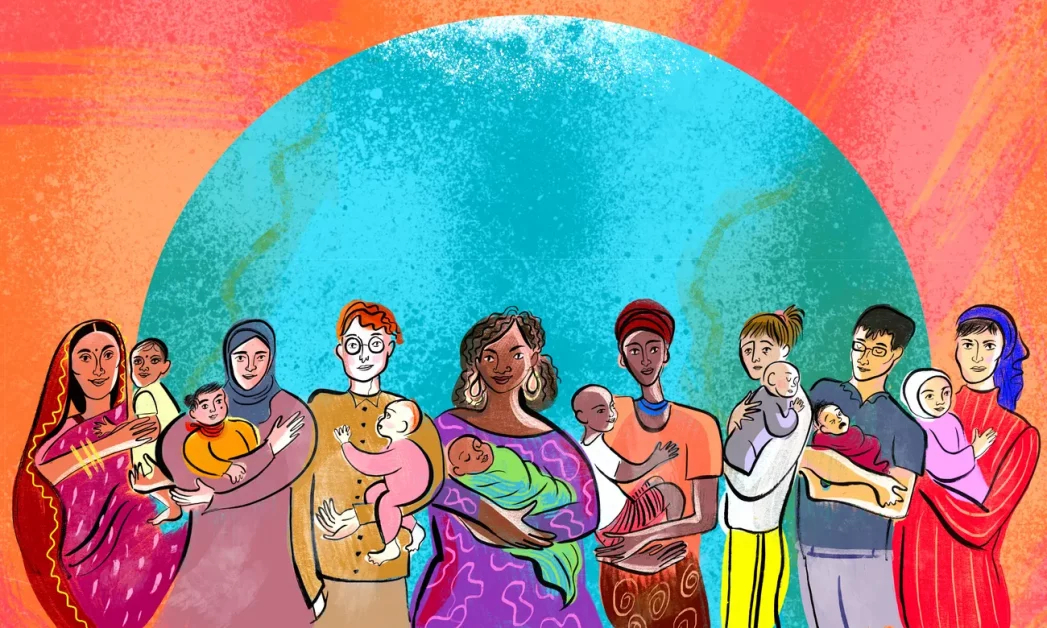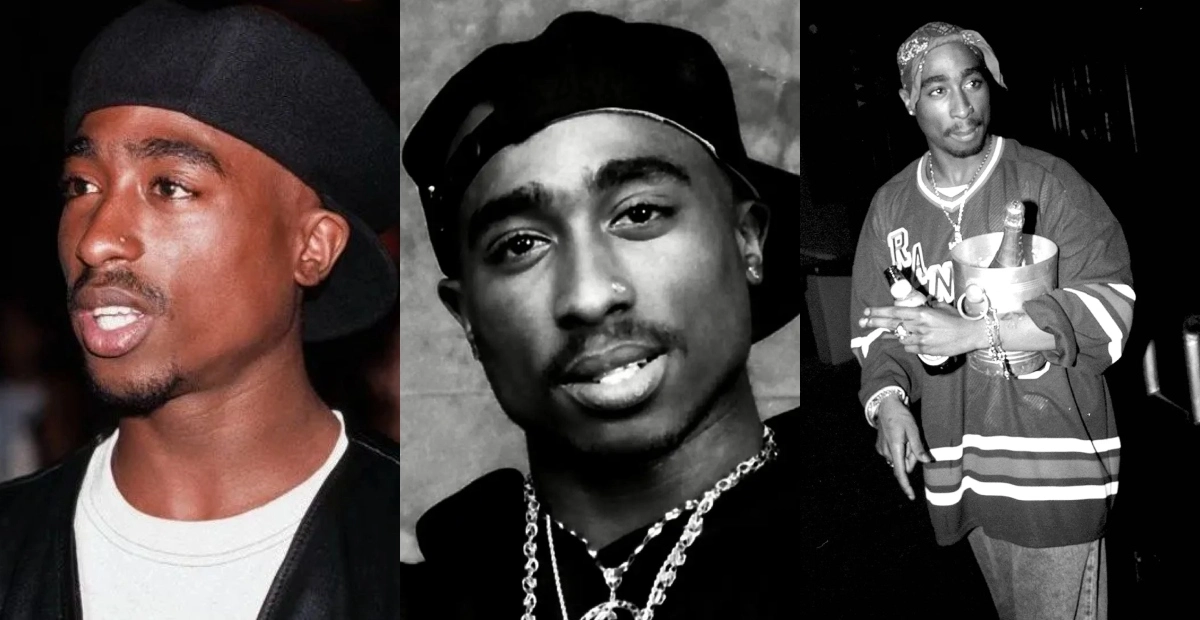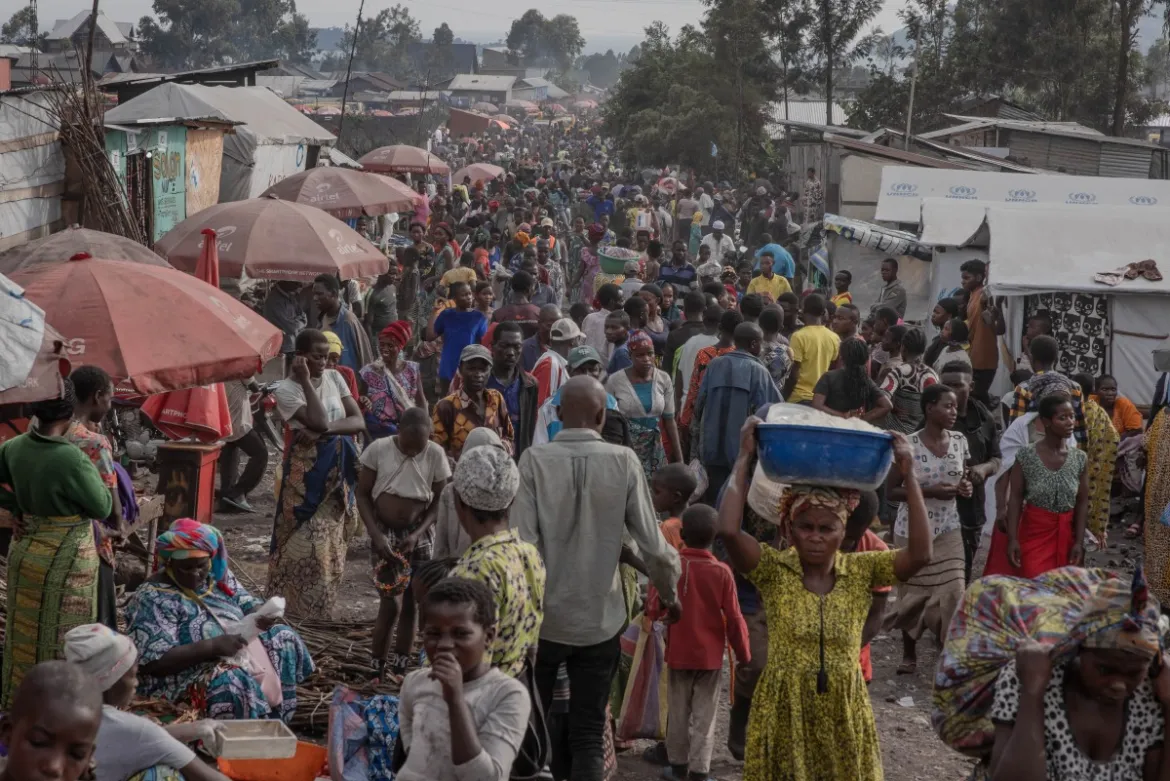World Population increased from 7 to 8 Billion in 12 years and the UN now calls for the achievement of Sustainable Development Goals.
According to United Nations data, the world population hit 8 billion on Tuesday. This has been majorly attributed to advancements in health.
UN Secretary-General António Guterres has said, “This year’s World Population Day falls during a milestone year when we anticipate the birth of the Earth’s eight billionth inhabitant. This is an occasion to celebrate our diversity, recognize our common humanity, and marvel at advancements in health that have extended lifespans and dramatically reduced maternal and child mortality rates,
“At the same time, it is a reminder of our shared responsibility to care for our planet and a moment to reflect on where we still fall short of our commitments to one another.”
The world population has reached eight billion, the UN says.
— The New York Times (@nytimes) November 15, 2022
The growth rate has been uneven around the world, slowing in populous nations like China and the U.S., and rising in poorer nations and threatening to strain systems that are already struggling. https://t.co/9x0mc7fZYj pic.twitter.com/JtoxbS0B8u
According to the United Nations’ most recent estimates, the world’s population may reach 8.5 billion people in 2030 and 9.7 billion by 2050. The population is also predicted to peak at 10.4 billion people in the 2080s to 2100.
Click here to subscribe to our YouTube channel at Switch TV

The Democratic Republic of the Congo, Egypt, Ethiopia, India, Nigeria, Pakistan, the Philippines, and Tanzania are among the 8 nations that will account for more than half of the expected growth in the world’s population by 2050. More than half of the increase forecast through 2050 is anticipated to come from sub-Saharan African nations.
Next year, India is projected to surpass China as the World’s most populous nation, especially after China’s One Child Policy program. It was just last year that China began encouraging families to have a second as it also limited access to non-medical abortions.

John Wilmoth, the director of the UN’s population division has said that the 8 billion world population mark is “a sign of human success, but it’s also a great risk for our future.”
As governments struggle to accommodate enough schools and employment opportunities for the increasing number of youth, and food poverty becomes an increasingly more pressing issue, the upward trend threatens to push even more people in developing countries further behind.
Li Junhua, UN Under-Secretary-General for Economic and Social Affairs said, “We must accelerate our efforts to meet the objectives of the Paris Agreement as well as achieve the SDGs,
“We need a rapid decoupling of economic activity from the current over-reliance on fossil-fuel energy, as well as greater efficiency in the use of those resources, and we need to make this a just and inclusive transition that supports those left furthest behind.”
The UN has further pointed out that the three elements of population change have all been impacted by the COVID-19 pandemic. In 2021, the average life expectancy at birth declined to 71.0 years. While there is minimal evidence of an impact on fertility levels or trends in many other nations, it is possible that some countries saw short-term decreases in the number of births and pregnancies as a result of the pandemic’s multiple waves. All types of human mobility, including international migration, were severely constrained by the pandemic.
Read Also: G20 leaders launch $1.4 billion fund to tackle next Global Pandemic




























